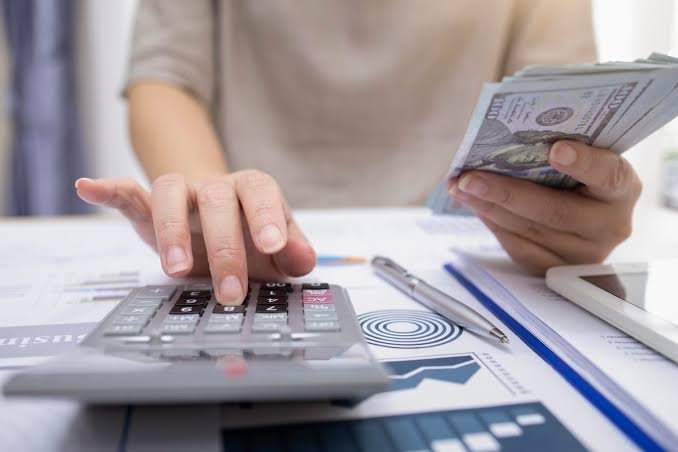Best way to manage your money
Effective money management is a crucial aspect of achieving financial stability and reaching long-term financial goals. There are several strategies that one can use to effectively manage their money, including setting financial goals, creating a budget, reducing expenses, saving, investing, and diversifying one's income streams.
Setting financial goals is an important first step in effective money management. These goals should be specific, measurable, achievable, relevant, and time-bound (SMART) and should align with your overall financial objectives. Some examples of financial goals include saving for a down payment on a house, paying off credit card debt, or saving for retirement.
Creating a budget is a key component of effective money management. A budget allows you to track your income and expenses, identify areas where you can reduce expenses, and ensure that you are saving enough money to reach your financial goals. To create a budget, start by listing all of your income sources and all of your expenses, including both fixed expenses (such as rent or mortgage payments) and variable expenses (such as groceries or entertainment). Then, subtract your expenses from your income to see how much money you have left over each month. This will help you identify areas where you can reduce expenses and increase savings.
Reducing expenses is another key component of effective money management. One way to reduce expenses is to create a shopping list before going to the store, and sticking to it. Another way to reduce expenses is to shop around for the best prices on items you need to purchase. Additionally, cutting unnecessary expenses such as subscription services or eating out can also help reduce expenses.
Saving money is an important aspect of effective money management. It is important to save a portion of your income each month, regardless of how much or how little you make. One strategy for saving money is to set up automatic transfers from your checking account to a savings account each month. It is also a good idea to have an emergency fund with at least three to six months of living expenses, in case of unexpected expenses or loss of employment.
